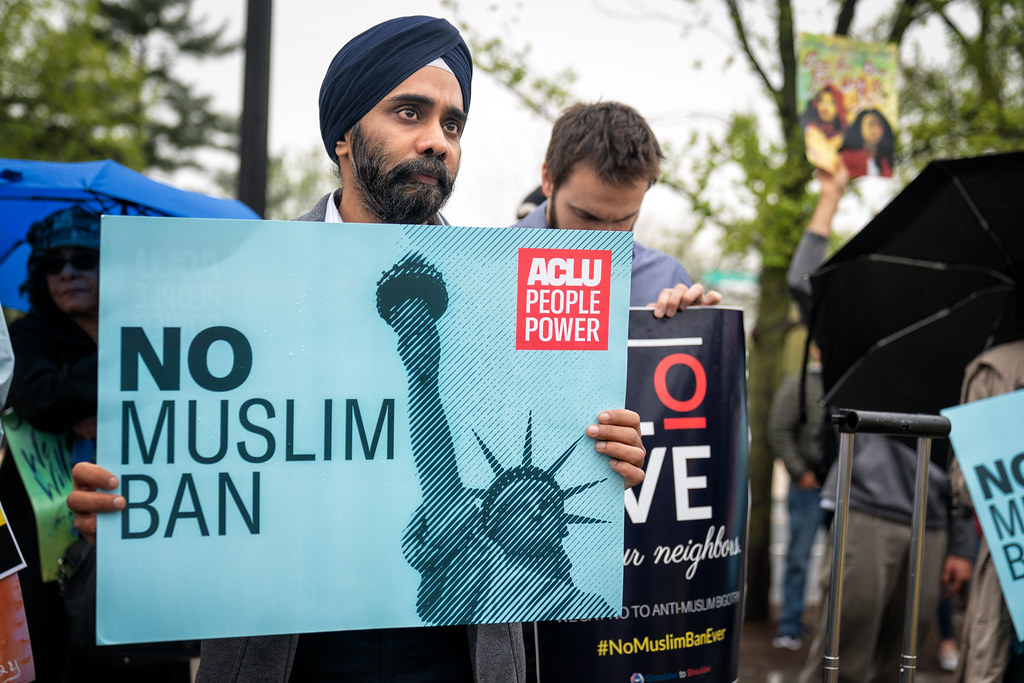When the Trump administration's Muslim ban was moving through the courts, there was the weird debate people were having about whether it was fair to use Donald Trump's explicit statements announcing a discriminatory motive for the ban as evidence that the ban was discriminatory. The debate was weird because in any other circumstance the answer is obvious -- of course it's evidence. It's close to dispositive evidence. That's how anti-discrimination law works.
Joshua Deriso campaigned for election as chairman of the City Commission of Cordele, Georgia, by publicly stating his intent to “replace Caucasian employees with African Americans”; to lead “an entirely African American” City Commission; and to replace Roland McCarthy, the white City Manager, with a black City Manager. On social media, Deriso declared, “Structure needs to change . . . More Blacks!!!”; “The new City Manager should be Black”; and “it is time for African Americans to run our city.” Deriso won the election. The same day he and fellow commissioners took their oaths of office, the Commission voted on racial lines to fire McCarthy and to replace him with a black City Manager.
"The question," the court continued, "is whether those allegations permit the inference that the City Commission fired McCarthy because he is white." They quite reasonably answered "yes". When you publicly campaign on "I am going to racially discriminate", and then you do exactly what you promised to do, it's entirely reasonable to conclude that what you've done is engage in racial discrimination. And that inference is valid notwithstanding the fact that under normal circumstances the city council has wide discretion in hiring or terminating its city manager. This is not hard.
There's no pay off here other than to reemphasize the lawless anomaly that was Trump v. Hawaii. The pass it gave to blatant, undisguised discrimination is completely at odds with the doctrine both before and after the case. Judges fully understand how senseless Trump's rule is in other cases (especially, one must observe, in cases of "reverse discrimination"). Indeed, while Trump v. Hawaii was under consideration I observed that in any remotely analogous circumstance involving "Smallsville, Anystate" the case is an absolute dunker as a clear and obvious legal violation. It is only Donald Trump who received and continues to receive these ridiculous one-offs as the Supreme Court's special favorite.


